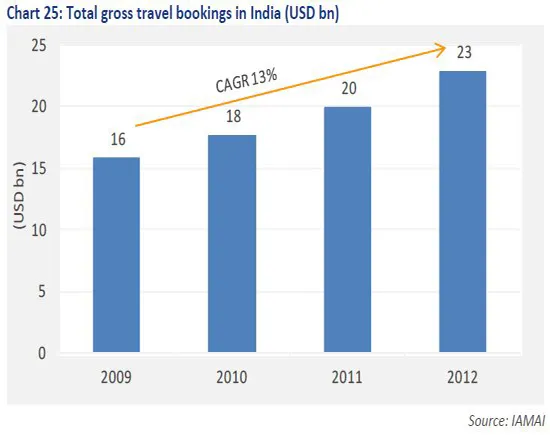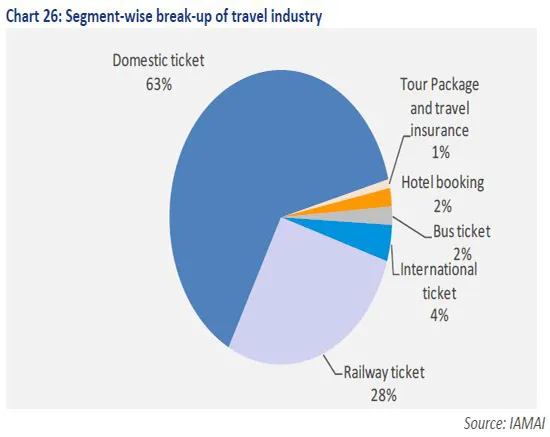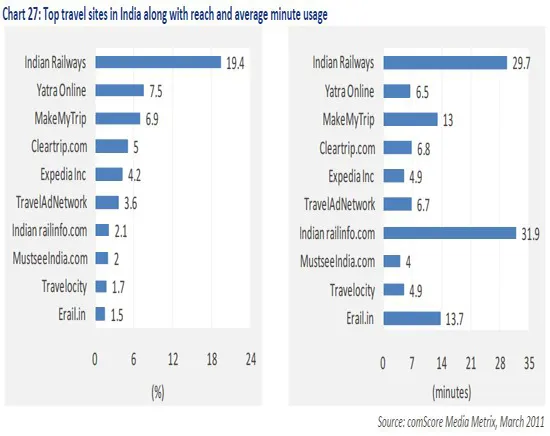Online Travel Portals have Revolutionized the Way We Plan a Trip
Do you remember waking up early in the morning and going to the railway ticket booking center to stand in the queue well before its scheduled 8am opening time. This was the scene a few years back when low-cost airlines had not invaded the Indian airspace and there were no online ticket booking portals either. The less written about the earlier avatar of the IRCTC site, the better it is. The scenario has completely changed in the last five to six years.
Now booking a rail ticket is as simple as logging into one of the various ticket booking portals or either of the Indian Railways ticket reservation portals and voila within 5 minutes you have a ticket. Add to that the fact that competition has forced travel portals to offer various add-on’s and offers. Low-cost airlines offer tickets, on premium routes, for as less as Rs. 3500 to Rs. 4000. This has completely changed the way Indians approach travel, business or pleasure.

The entire planning of a trip can be done online. Starting with booking a cab to take you to the airport/railway station to booking a hotel room at your final destination and everything in between can be accomplished online. E-commerce sites have experienced a spurt in activity and sales in 2011 and travel portals can claim a major role in that. The online travel industry in India commands a 77% share of the total e-commerce market. The current estimated value of India’s online travel industry, in terms of annual revenue, is Rs. 37,890 crore. In terms of potential of the Indian market this is just the tip of the ice berg. Also, contrary to popular perception that majority of online travel revenue is generated by travel agent purchases is faulty. An Edelweiss report says that the online travel segment in India is about USD 8.4 billion in terms of gross value of online bookings CY11 and share of online travel agents is about 35%.

Competition has ensured that the consumer gets lucrative offers on travel portals. Competition is also responsible for turning travel portals into a better option than traditional travel agents or even direct booking. Prices, especially air fares and hotel tariffs, are 10% to 15% lower on travel portals in comparison to other alternatives. Add to that the convenience of booking from home and it becomes hard to resist. Travel portals also present certain other benefits that a conventional travel agent can never provide.
If you want to travel to a particular destination and want to stay at a particular hotel, you can find user reviews to support your desire or assist you to select a better place or a better hotel. User generated content increases the trust quotient and adds certain intangible variables to the overall online experience. Customization is another benefit of travel portals. You can get a package customized according to your preferences. Locate fellow travelers with similar interests and hook up with them. Gain valuable information regarding the must-dos and must-sees at any particular place. The list can go on and on.

Online travel portals have revolutionized the way Indians plan their vacations. More innovative concepts and offers are expected from the portals as the market size increases in the coming years. Hope competition keeps the portals on their toes and provides the Indian consumers the best deals.
Watch out this space for more updates on the Indian online travel space.






